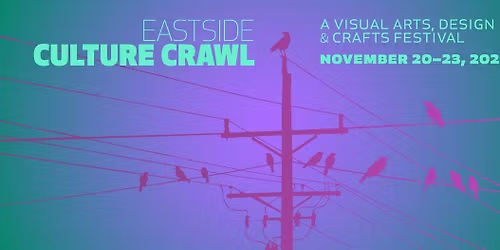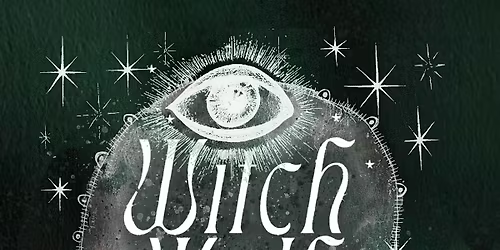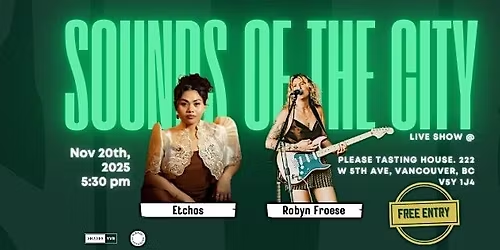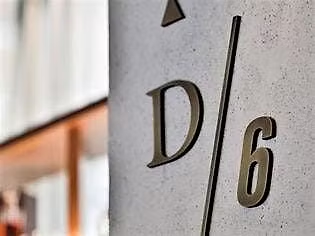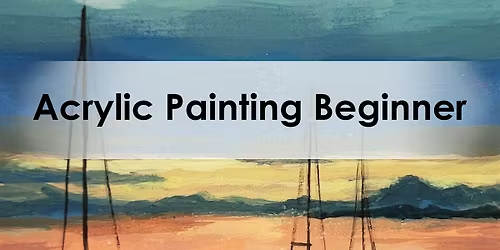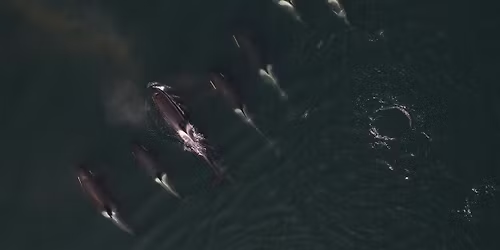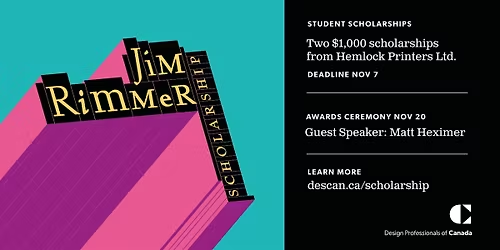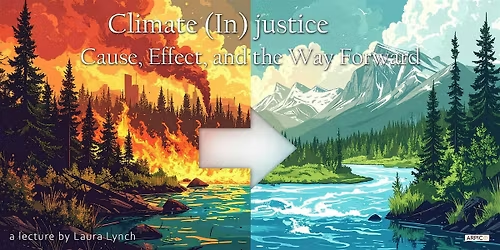
Advertisement
LOCATION: Room 2270, SFU Harbour CentrePresented by J. S. Woodsworth Chair in the Humanities.
ABOUT THE BOOK
In this ambitious new work, eco-philosopher and cultural theorist Adrian Ivakhiv presents an incisive new way of thinking about images and imagination. Drawing upon an immense range of materials, Ivakhiv reassesses the place of imagination in cultural life, analyzing how people have interacted with images in the past and the ways that digital media are profoundly altering these relationships today. The book contributes powerfully to the study of visual culture and digital media, and provides provocative interpretations of a range of important artists and media movements: from the work of photographer Edward Burtynsky, the ambitious multi-screen installations of John Akomfrah, the abstract art of Swedish spiritualist Hilma af Klint, and the Afrofuturism of jazz musicians like Sun Ra and poet Alexis Pauline Gumbs, to the ever-expanding universe of animal videos on YouTube. Along the way, the book delves into animacy and religious imagery, iconophilia and iconoclasm, divination and prophecy, “truthiness” and “enchantment networks,” online communities and artificial intelligence, the political and affective economies of digital media, and the role of utopian futurism in the present “climate-colonial Anthropocene” predicament. The result is a vital contribution toward a more empowering conception of the creative imagination and its possibilities in today’s emerging digital ecology.
ABOUT THE AUTHOR
Born to World War Two refugee parents from Ukraine, Adrian Ivakhiv grew up in Toronto, Canada. From 2003 to 2024, he was a Professor of Environmental Thought and Culture at the University of Vermont, where he served as Steven Rubenstein Professor of Environment and Natural Resources and founding coordinator of EcoCultureLab. He previously taught at York University (Toronto) and the University of Wisconsin Oshkosh, has held fellowships at Freie Universität Berlin and Taras Shevchenko National University in Kyïv, and has conducted fieldwork on eco-cultural conflicts in the U.S. Southwest, the British Isles, western and central Ukraine, maritime eastern Canada, and Vermont. His books include “Claiming Sacred Ground: Pilgrims and Politics at Glastonbury and Sedona” (2001), “Ecologies of the Moving Image: Cinema, Affect, Nature” (2013), “Shadowing the Anthropocene: Eco-Realism for Turbulent Times” (2018), the co-edited “Routledge Handbook of Ecomedia Studies” (2022), and the forthcoming “Terra Invicta: Ukrainian Wartime Reimaginings for a Habitable Earth” and “The New Lives of Images: Digital Ecologies and Anthropocene Imaginaries in More-than-Human Worlds.” A Fulbright Scholar (Germany/Ukraine), Canada-USSR Scholar (1989-90), and Fellow of the Gund Institute for Environment, the Cinepoetics Centre for Advanced Film Studies, and the Rachel Carson Center for Environment and Society, he has presented his work in numerous countries around the world. He also plays and composes music.
ABOUT THE RESPONDENT
Am Johal has previously been Director of SFU’s Vancity Office of Community Engagement, Co-Director of SFU’s Community Engaged Research Initiative and host of the podcast, Below the Radar. He is the author of "Ecological Metapolitics: Badiou and the Anthropocene" (2015), co-author with Matt Hern of "Global Warming and the Sweetness of Life: A Tar Sands Tale" (2018) and "O My Friends, There is No Friend: The Politics of Friendship at the End of Ecology" (2024). He is currently Chair of the Vancouver International Film Festival, Vice Chair of Greenpeace Canada and a board member with the BC Alliance for Arts and Culture. He has presented his work internationally, including the Oxford Literature Festival.
Advertisement
Event Venue & Nearby Stays
515 West Hastings Street , Vancouver, BC, Canada, British Columbia V6B 5K3
Concerts, fests, parties, meetups - all the happenings, one place.
